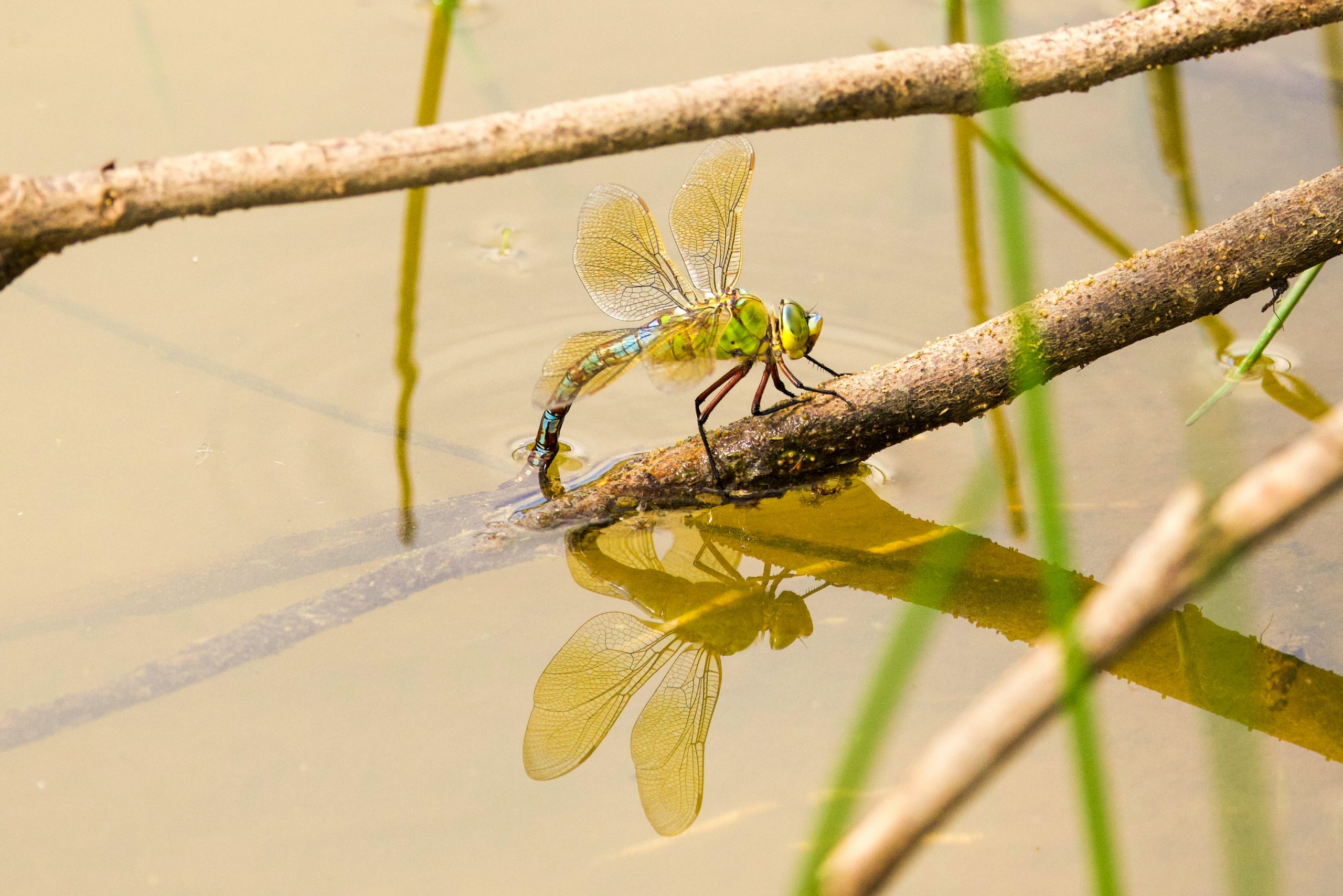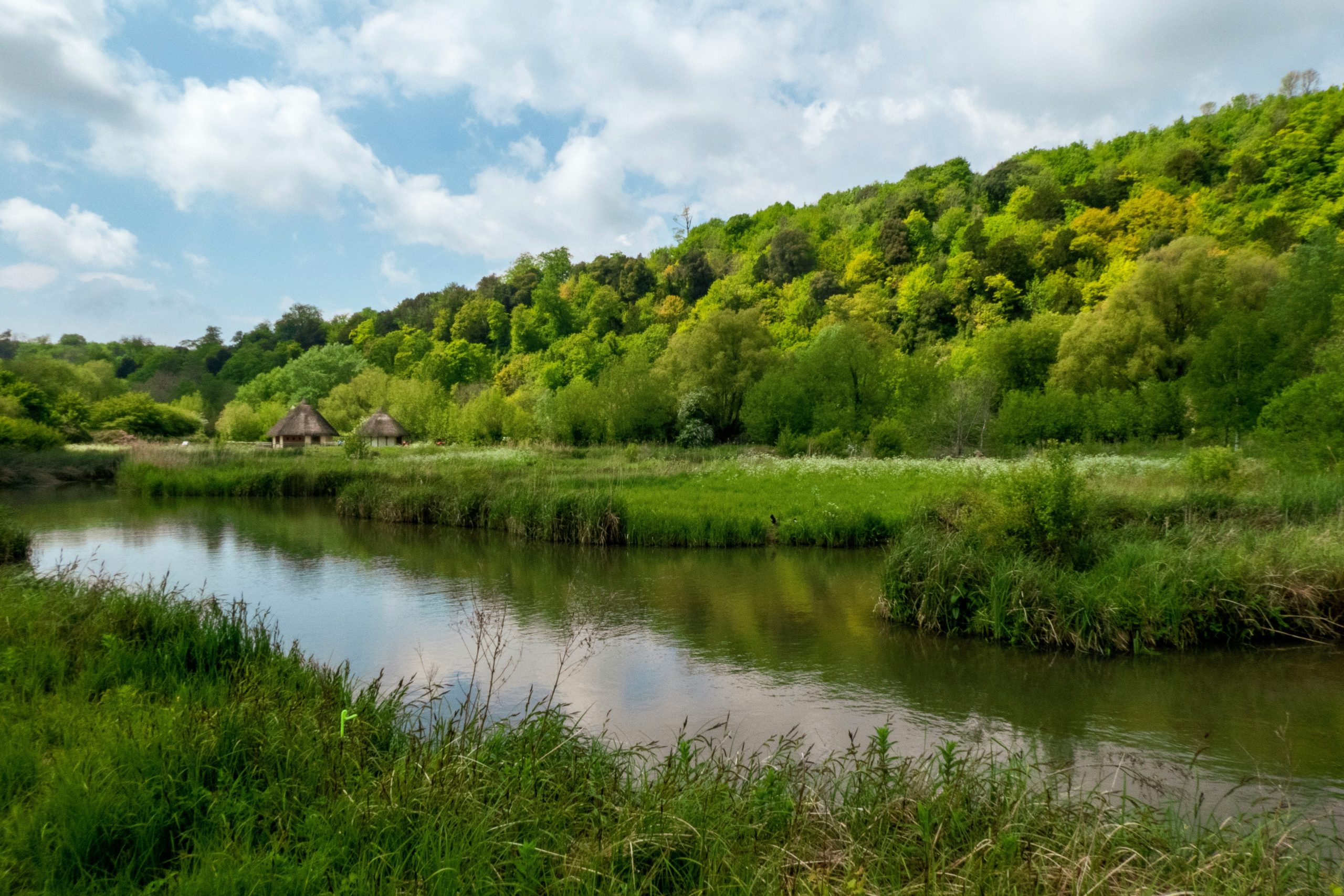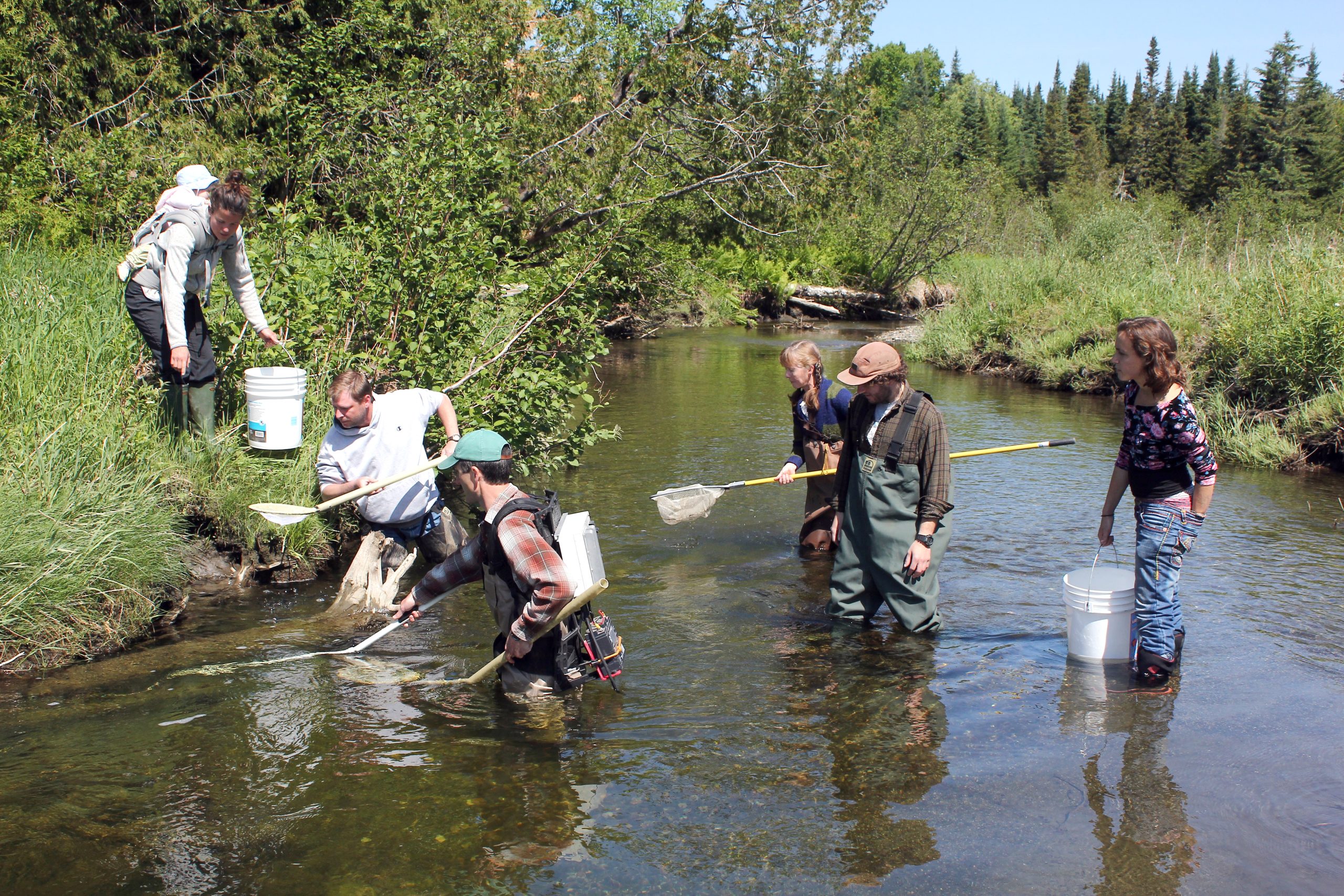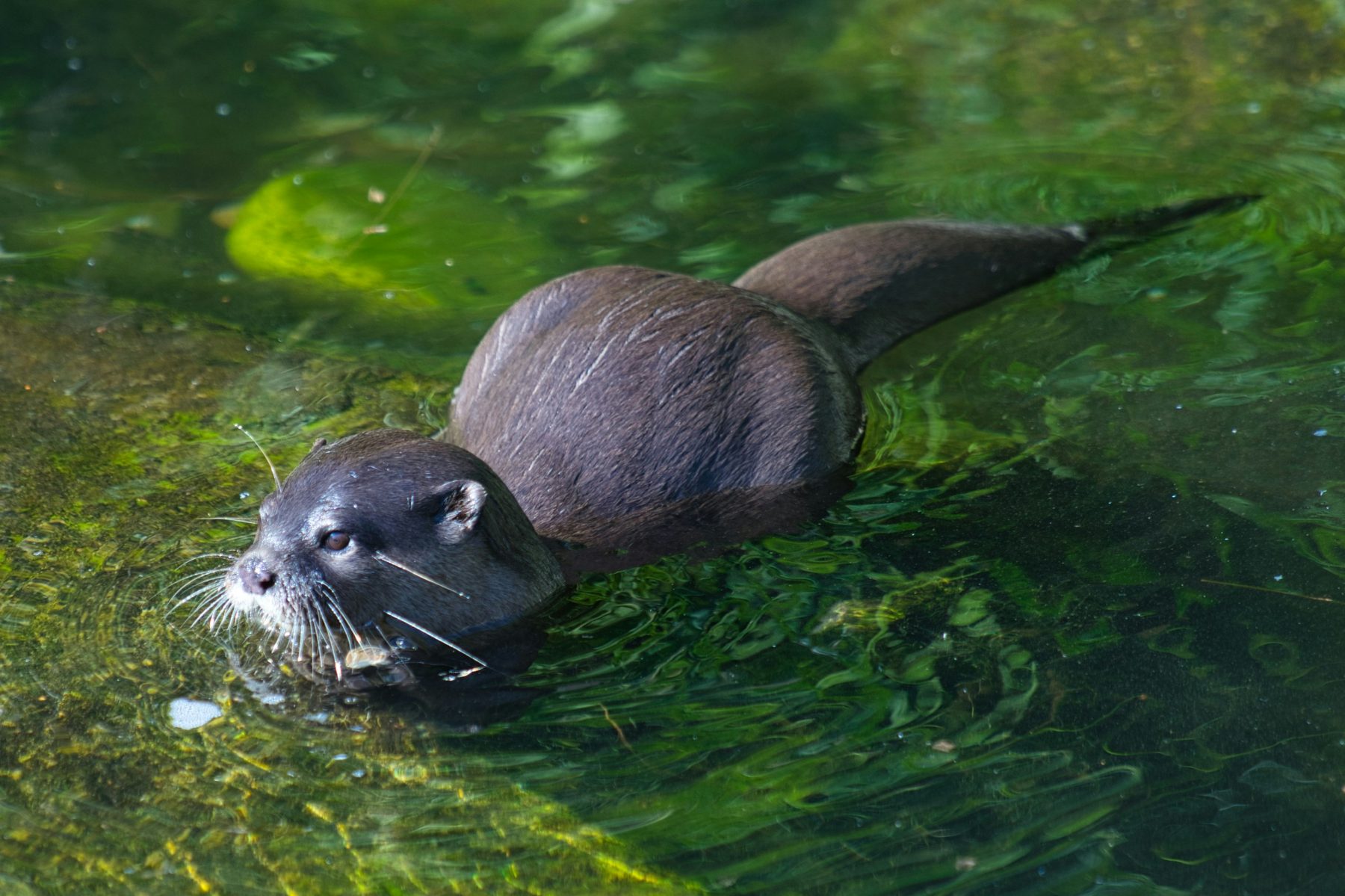World Wetlands Day: Wetlands and Human Well-Being
As we celebrate World Wetlands Day in 2024, it’s essential to recognise the incredible value that wetland ecosystems bring to human well-being and the health of our planet. Often underestimated, wetlands play a vital role in providing a myriad of ecosystem services that contribute to biodiversity, water quality, climate regulation, and the overall quality of life.
Valuing Wetland Ecosystems
Globally, the value of ecosystem services provided by wetlands is estimated to be around US$47 trillion per year. Despite a clear ecological and financial value, in the UK we’ve lost 90% of our wetland habitats in the last 100 years and more than ten per cent of our freshwater and wetland species are threatened with extinction. Something has to change.
This year’s theme for World Wetlands Day is ‘Wetlands and Human well-being’. In this article, we will delve into the invaluable treasures that wetland ecosystems offer to individuals, communities and overall planetary health, and therefore why preserving and protecting them is crucial for a sustainable future.

A Haven for Life
Wetlands are biodiversity hotspots, nurturing a rich tapestry of plant and animal species. They provide breeding grounds and habitats and support a diverse array of life, contributing to the overall health of ecosystems. This biodiversity is not just a matter of ecological significance; it also holds the key to potential medical breakthroughs and scientific discoveries which in turn impact our daily lives.
Nature’s Filtration System
The natural filtering capabilities of wetlands help to improve water quality. By trapping pollutants, reducing sedimentation, and breaking down harmful substances, wetlands act as nature’s filtration system, ensuring that the water flowing through these ecosystems is cleaner, benefiting both humans and wildlife downstream. They play a vital role in flood control and mitigation acting as natural buffers during heavy rainfall, absorbing excess water and releasing it gradually so that communities downstream are protected.
Guardians Against Climate Change
Wetlands are our champions in the fight against climate change. They store and sequester carbon – research suggests that coastal wetlands sequester more carbon than all forest habitats combined – playing a significant role in mitigating the effects of global warming. Additionally, wetlands contribute to local climate regulation by influencing temperature and humidity patterns, showcasing their importance in the broader climate system.

Connecting to Nature
Wetlands provide a place for social interaction through recreational activities such as bird watching, fishing, hiking, and boating. The scenic beauty and diverse wildlife draws tourists, contributing to local economies.
Furthermore, many communities have deep cultural and spiritual connections to wetlands. These ecosystems hold cultural significance, with traditional practices and ceremonies taking place within their borders. Recognising and respecting these values is integral to the conservation and sustainable use of wetland resources.
Sustaining Communities
Wetlands support livelihoods through income generating activities such as fishing, agriculture, and tourism. For many communities, these ecosystems are a source of economic well-being, providing essential resources for daily life. Balancing the conservation of wetlands with sustainable resource use is crucial for the long-term prosperity of these communities.

Unlocking Nature’s Secrets
Wetlands offer unparalleled opportunities for scientific research and environmental education which have knock-on effects for our lives. Studying these ecosystems provides insights into ecological processes, biodiversity, and sustainable resource management that can impact global supply chains and human health.
Through the Government’s Environmental Land Management schemes and other green finance mechanisms, land owners and project managers can gain financial support for restoring wetlands.

